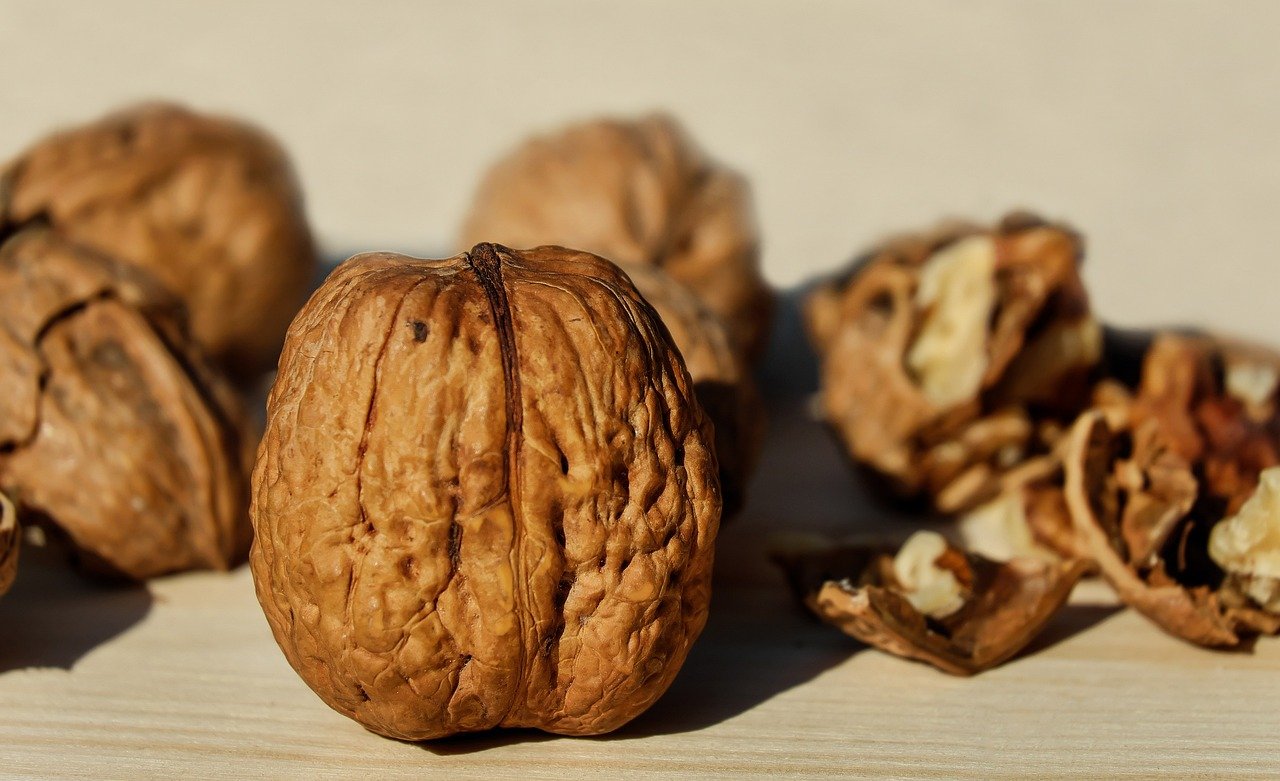Black walnuts (Juglans nigra) are known for their rich, nutty flavor and numerous health benefits for humans. However, for dogs, they pose significant health risks. Understanding black walnut toxicity, its signs and symptoms, and knowing what to do in case of poisoning can be crucial for dog owners, rescue workers, and fosters.
Why Are Black Walnuts Toxic?
Black walnuts contain a toxic compound called juglone, which can cause severe health issues in dogs. The nuts, hulls, and wood of the black walnut tree can all pose a risk. Even though black walnut oil is sometimes touted for its health benefits, it’s essential to approach its use with caution.
Signs and Symptoms of Black Walnut Poisoning
If a dog ingests black walnuts, they can exhibit various signs and symptoms, including:
- Vomiting and Diarrhea: These are often the first symptoms to appear.
- Tremors and Seizures: Severe neurological symptoms can develop.
- Lethargy and Weakness: Affected dogs may become unusually tired and weak.
- Loss of Appetite: Dogs may refuse to eat.
- Jaundice: Yellowing of the skin and eyes, indicating liver damage.
- Increased Heart Rate: This can be a sign of distress.
- Muscle Weakness: Dogs may have difficulty walking or standing.
What to Do If Your Dog Eats Black Walnuts
- Contact Your Veterinarian Immediately: Time is of the essence. Inform your vet about the ingestion and the quantity involved.
- Do Not Induce Vomiting Without Veterinary Advice: Inducing vomiting can sometimes worsen the situation.
- Follow Your Vet’s Instructions: Your vet may recommend bringing your dog in for examination and treatment.
Treatment for Black Walnut Poisoning
Treatment will depend on the severity of the poisoning. It may include:
- Activated Charcoal: To absorb toxins.
- Intravenous Fluids: To prevent dehydration and support kidney function.
- Anti-Seizure Medication: If the dog is experiencing seizures.
- Supportive Care: Including monitoring and managing symptoms.
Black Walnut Oil for Dogs: Benefits and Risks
Black walnut oil is derived from the nuts and hulls of the black walnut tree. It is sometimes used in holistic medicine for its purported antifungal, antiparasitic, and antibacterial properties. However, its safety for dogs is questionable due to the potential for toxicity.
Health Benefits
Some proponents claim that black walnut oil can help with:
- Skin Conditions: Used topically for fungal infections and skin irritations.
- Parasite Control: Claimed to be a natural dewormer.
- Is it Safe: its safety for dogs is questionable.
Risks
Despite these purported benefits, the risks may outweigh the benefits due to the presence of juglone and other toxic compounds. Always consult a veterinarian before using black walnut oil on or for your dog.
Frequently Asked Questions (FAQs)
Is black walnut oil safe for dogs?
While some holistic practitioners use black walnut oil for dogs, it carries a risk of toxicity. Always consult your veterinarian before using any new treatment.
What should I do if my dog shows signs of black walnut poisoning?
Contact your veterinarian immediately. Do not attempt home remedies without professional guidance.
Are there safer alternatives to black walnut oil for treating parasites?
Yes, there are many safer, vet-approved treatments for parasites. Consult your vet for recommendations.
Can black walnut oil be used topically on dogs?
Even topical use carries risks. Always discuss with your vet and consider safer alternatives for treating skin conditions.
What is juglone, and why is it harmful?
Juglone is a natural compound found in black walnuts that is toxic to many animals, including dogs. It can cause severe gastrointestinal and neurological symptoms.
Conclusion
Black walnut toxicity is a serious issue for dogs, and it’s crucial for dog owners, rescue workers, fosters, and vet techs to be aware of the dangers. Always consult with a veterinarian before introducing any new substance into your dog’s diet or care routine. When it comes to black walnut oil, the potential risks may outweigh the benefits, making it essential to consider safer alternatives.
Always Consult Your Vet
Before introducing any new food, plant, remedy, or supplement to your dog, always consult with your veterinarian to ensure it is safe and appropriate for your pet’s specific health needs. This blog post is for informational purposes only and is not a substitute for professional veterinary advice.

